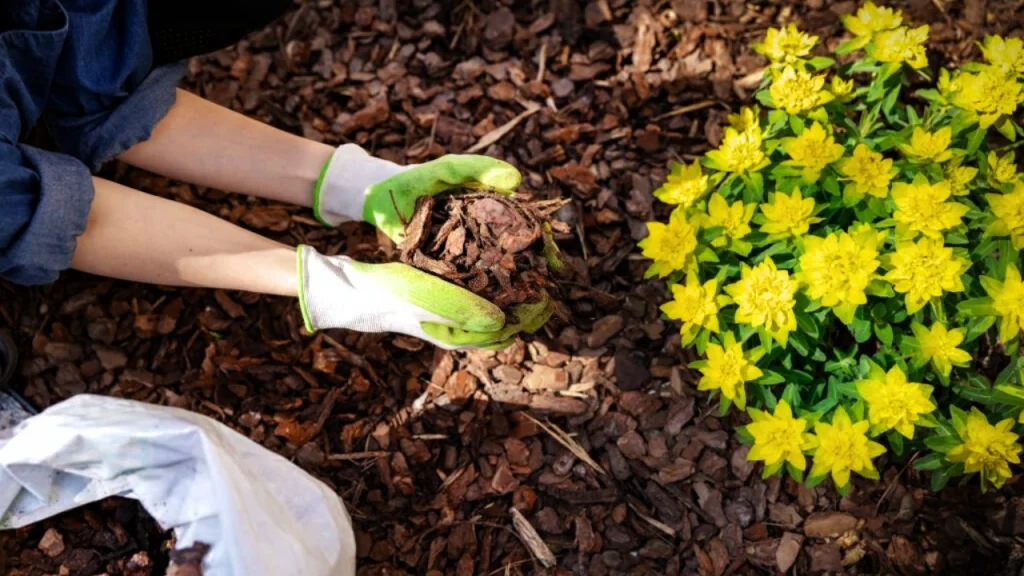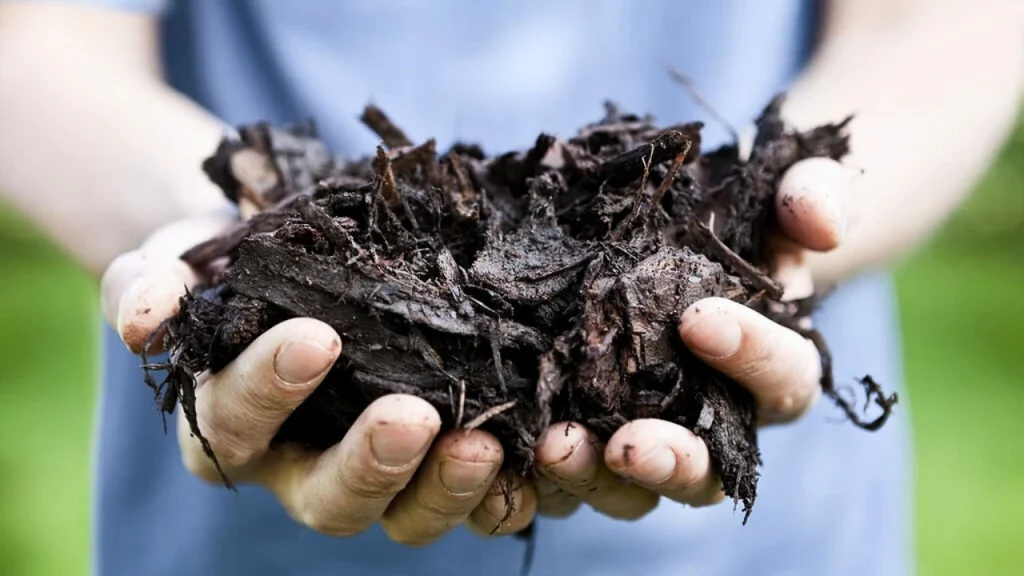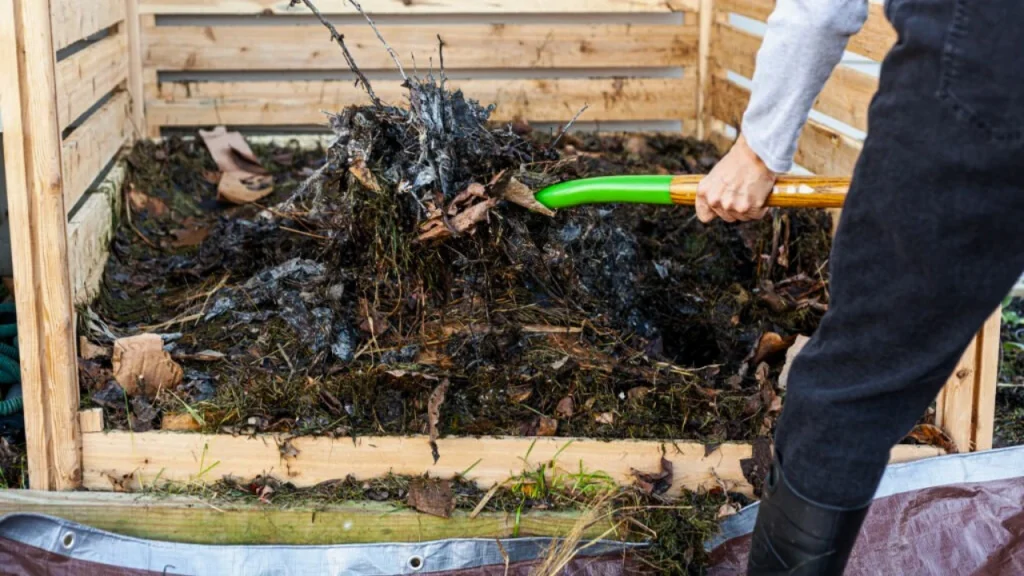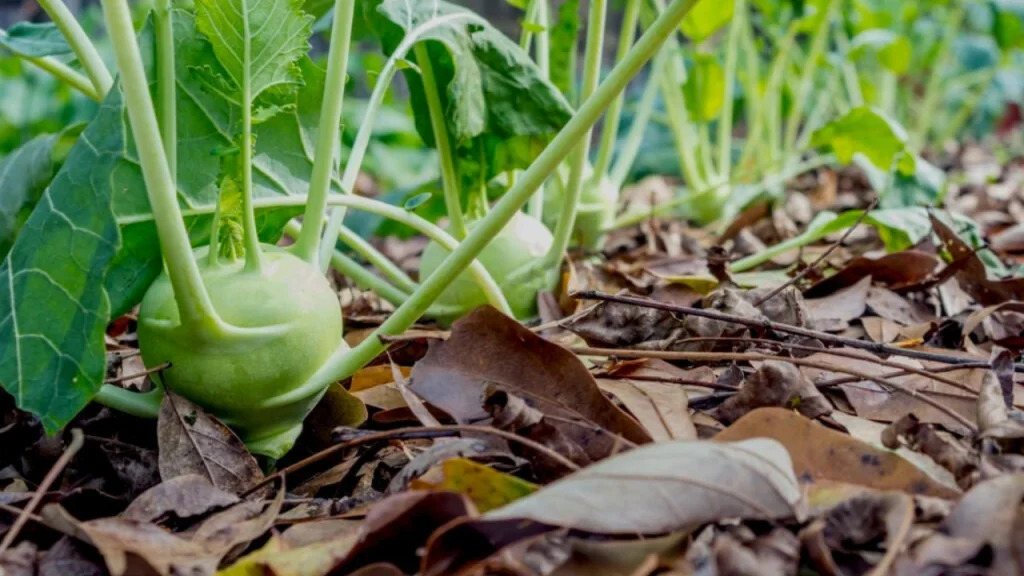Gardeners in 2025 need precise mulch calculations. Let us assist you! Knowing mulch weight is crucial for transport and workload planning. The key question for 2025: How much does a cubic yard of mulch weigh?
In 2025, expect a cubic yard of mulch to typically weigh between 400 and 800 pounds. This approximately 3′ x 3′ x 3′ volume is essential for healthy gardens and thriving landscapes. Mulch effectively conserves soil moisture, suppresses weed growth, and stabilizes soil temperature. The exact weight varies depending on its moisture content; higher moisture results in a heavier weight.
A cubic yard of mulch has a weight that changes depending on the specific type. Mulches with finer textures usually weigh more than those with coarser textures. Knowing the weight is important for calculating how much mulch you need for your landscaping. This guide examines the weights of various mulch types and the elements that affect their weight in 2025.
Table of Contents
How Much Does a Yard of Mulch Weigh?
In 2025, a cubic yard of mulch typically weighs between 400 and 1000 pounds (0.2 to 0.5 tons). The exact weight varies. This depends on the mulch type, moisture content, and particle size.
The weight of mulch per cubic yard differs significantly. This depends on the material and its moisture content. Organic mulches, like compost, are generally heavier. They hold more water compared to inorganic mulches such as wood chips.
Particle size significantly impacts weight. Smaller particles retain more moisture, leading to increased weight. Think of finely shredded leaves or wood mulch. In contrast, larger particles, like wood chips or grass clippings, hold less water and weigh less.
Consider these crucial factors for calculating your mulch needs accurately. Contact your mulch provider for exact weight information.
Calculating Mulch Weight for Your Yard: Simple Steps to Determine the Right Amount
Easily determine how much mulch your garden requires with this straightforward calculation guide.
Picture this: Your garden stretches 15 feet in length and spans 10 feet in width. Your goal? To enrich it with a 3-inch layer of premium mulch.
So, for your 2025 garden upgrade, anticipate needing roughly 1.39 cubic yards of mulch.
Mulch weight varies. Moisture levels and the specific type of mulch significantly impact the weight. Generally, one cubic yard of mulch ranges from 400 to 1,000 pounds. Therefore, expect 1.39 cubic yards of mulch to weigh between 556 and 1,390 pounds.
For precise weight information and application tips specific to your mulch, consult your supplier. This guarantees the best possible outcome for your landscaping in 2025.
Type of Mulch
In 2025, landscaping and gardening commonly involve different kinds of mulch. Discover some of the top mulch choices available now.
Wood Chips

Made from various wood sources, wood chips decompose slowly. They are excellent for preventing soil erosion. Plus, they enhance water drainage and beautify gardens.
Bark Mulch

Derived from tree bark, this mulch comes in diverse sizes and textures. It excels at preserving soil moisture, regulating soil temperature, and suppressing weed growth. Expect enhanced performance and longevity with our 2025 formulation.
Compost

Compost is a fantastic soil enhancer. It’s made from decomposed organic matter and is full of nutrients. Using compost improves soil quality, conserves moisture, and promotes strong plant growth.
Leaf Mulch

Shredded leaves are still a fantastic mulch choice in 2025. They boost soil health with essential organic matter. Plus, they help keep soil temperatures steady and lock in moisture effectively.
How A Yard Of Mulch Looks Like
The appearance of a cubic yard of mulch differs greatly depending on the specific type. Here are a few common examples to show you what to expect:
Keep in mind that these numbers are estimates. The actual weight of mulch can vary.
Factors That Affect The Weight Of A Yard Of Mulch
A cubic yard of mulch’s weight varies. Several crucial factors influence this weight significantly.
Highlight The Differences Between Dry And Wet Mulch
Mulch weight fluctuates significantly based on moisture. Water absorption increases mulch density. Dry hardwood mulch typically weighs 400-450 pounds per cubic yard. Saturated hardwood mulch, however, can reach up to 950 pounds per cubic yard.
| Type of Mulch | Moist Weight Range (lbs) | Dry Weight Range (lbs) |
|---|---|---|
| Wood Chips | 500-800 | 250-500 |
| Bark Mulch | 400-650 | 200-400 |
| Compost | 1000-1600 | 500-800 |
| Leaf Mulch | 200-350 | 100-200 |
Damp mulch clumps, making it difficult to spread evenly. Dry mulch is lighter and spreads much easier.
The Impact Of The Type Of Wood On The Weight Of A Yard Of Mulch
Wood type greatly affects mulch weight. Cedar mulch is lighter compared to hardwood. Expect a cubic yard of cedar mulch to weigh between 600 and 800 pounds. Hardwood mulch, varying with moisture levels, can range from 400 to 900 pounds per cubic yard.
The type of wood chips greatly affects mulch weight. Finer, smaller chips are lighter and bulkier, leading to lower density. Larger chips, however, are heavier, denser, and more compact.
Mulch weight varies. Several factors influence it. Understanding these is crucial before purchasing. We aim to help you select the ideal mulch for your 2025 garden.
Key Considerations When Purchasing Mulch
Mulch is a great asset for every garden. This protective layer helps retain soil moisture. It also effectively manages weeds and boosts the soil with essential nutrients. Before you buy mulch, think about these important points for the best outcome.
Planning to purchase mulch? Discover the latest, practical advice for 2025. This guide helps you select the perfect mulch for your needs.
How to Choose The Right Type Of Mulch
Choosing the right mulch can be tricky. But it depends on what your garden and landscape need. This 2025 guide helps you pick the best mulch for your plants.
Frequently Asked Questions
Lots of homeowners think mulching is hard. But it’s really easy! Here are answers to common mulch questions, updated for 2025.
How Much Mulch Should You Use?
A two to three-inch layer of mulch is sufficient for most plants. Use the yard measurement and adjust it according to the thickness of the layer you want.
How Much Does A Yard Of Mulch Weigh?
The weight of a yard of mulch typically ranges from 400-800 pounds, depending on the type of mulch and its moisture content.
How Much Area Does A Yard Of Mulch Cover?
A yard of mulch can cover approximately 100 square feet with a depth of 3 inches.
How Do I Calculate The Amount Of Mulch I Need?
To calculate the amount of mulch needed, measure the length and width of the area to be covered and multiply those together to get the total square footage. Then, use the depth desired and the conversion of 1 cubic yard to 100 square feet with a depth of 3 inches to determine how many yards of mulch are needed.
Can Mulch Be Harmful To Plants?
Excessive application of mulch can lead to plant health problems such as root rot, suffocation, or nutrient deficiencies. Proper application and maintenance of mulch is important to avoid potential issues.
Discover the latest mulch selection advice for your 2025 garden and landscaping endeavors. These updated tips will help you choose the ideal mulch.
Conclusion
In 2025, knowing mulch weight per yard remains vital for landscaping success. Mulch weight impacts project expenses, delivery logistics, and application ease. Precise calculations now help avoid overspending and wasted materials, guaranteeing efficient project management.
Understanding mulch weight calculation is key for optimal selection. This knowledge aids in determining the correct quantity for purchase. Ensure even distribution across your landscape for desired results. Prioritize environmental considerations and sustainable resources when selecting mulch in 2025.